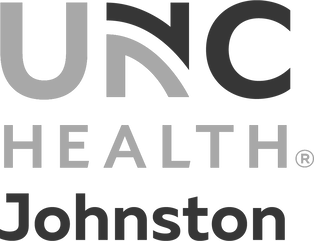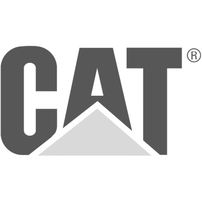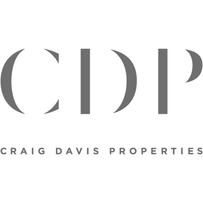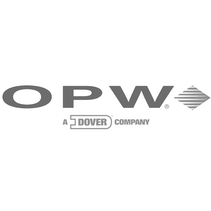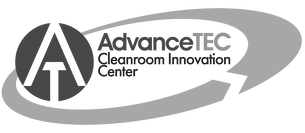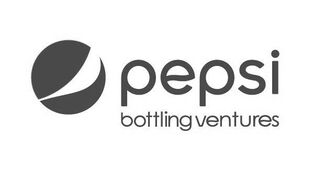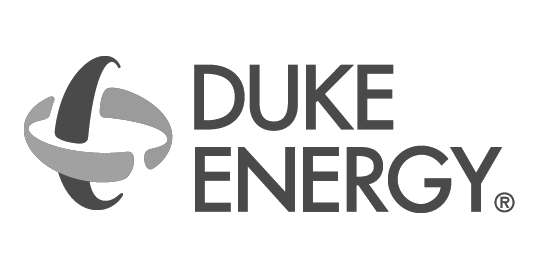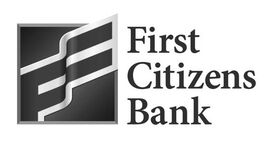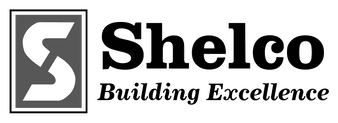|
How does a company move on from over 2 years of a pandemic? While people may still shudder at the term “new normal” no doubt exists that there is no going back to the way things were in 2020 pre-covid. The re-emerging workforce has some new requests and the leverage to ask for them, forcing companies to get creative to attract and keep a talented workforce. On Wednesday, June 29, the Clayton Chamber of Commerce's Workforce Development Committee, in conjunction with Caterpillar Inc. and MedicalTraining.me, held a panel discussion as part of its State of the Chamber initiative, one part of a series that discusses the landscapes of Workforce Development, Education, Economic Development, Government Affairs, and Growth & Infrastructure. CCOC's moderator and chair of the Workforce Development Committee Melissa Overton asked four panelists from four different industries to speak on what companies today must consider to attract and retain top-level talent. “Everyone can afford to build a good culture.” Those words were first mentioned by Barbara Brothers in her opening presentation of the morning. As Business Engagement Director at Capital Area Workforce Development, Brothers has kept a close eye on how Wake and Johnston Counties have been adapting to the changes in recruitment and retention. "There is a rising importance of tuition reimbursement and/or professional development opportunities on board," Brothers said, "Not every company can afford to offer perks like that. But everyone can afford to build a good culture." While wages will almost always reign supreme, it is no longer as simple as the highest bidder getting the prize. Jobseekers have emphasized working from home, flexible schedules, and other non-traditional benefits that companies should consider if they want to attract and retain a talented workforce. "We've got to be more flexible and more creative now than we have been in the past," said Josh Thompson, VP of the Regional Service Center - Americas at Novo Nordisk. "Companies have to be able to adapt and be willing to meet their workforce halfway if they want them to stick around." The 4-day work week "We've been doing a 4-day work week for 25 years," said Vic Baluis, eliciting a couple of gasps from the crowd. However, what seems like a foreign concept and a model that most companies would not agree to has proven effective for Caterpillar Inc.'s operations manager for the last decade. "One of the biggest benefits of this model is when it comes to overtime,” explained Baluis, “If our teams need more than 40 hours to get a project done, they're working on a Friday instead of eating into their Saturdays or Sundays. I can't think of a single time since I've been here where we had to work on a Saturday, and you can tell how much that means to our staff." But the four-day work week is not the magic solution for every company to retain its workforce. Company policy changes, especially ones that drastic, must have the support of the workforce first. Ten hours a day is a long shift, and some employees prefer to have more time in their mornings or afternoons available every day rather than an extra day off. CAT had to introduce the concept by offering both traditional and four-day weeks to their workforce. In the end, four-day weeks became the employees' preferred process, and CAT was able to successfully implement the change. How to come back from COVID Because companies were forced to work remotely or virtually, they were developed processes ensuring they remained productive. Technology was updated to allow remote and virtual work, but companies have also placed a new emphasis on the mental well-being of their employees. Carrie Hobrough, senior HR Technology Solutions Advisor for CBIZ Payroll & HR Technology explained what extended time away from the office did to her mental health. "I'm as extroverted as they come," Hobrough said, "So being forced to quarantine and work remote was tough. I found that the more I stayed home, the less and less I wanted to leave. When I realized I was choosing not to go out to see friends or family, I knew something was wrong." This point often comes across as introverts vs extroverts, with the idea being that introverts celebrate never having to go to the office again. But after two years, even introverts have felt the effects of being isolated from the companies they work for. And with in-person chat around the water cooler no longer available, it not only took its toll on some of the workforce, it also became difficult for businesses to connect with employees regularly. So some businesses adapted. "We were able to send care packages to our staff at home," Evelyn Sanders, President/CEO of Southeastern Healthcare of NC, Inc. said. "We sent bags of coffee or bottles of wine for a virtual wine tasting. Just something that let them know we are all going through this together and we are still thinking of them." Sanders says that Southeastern Healthcare of NC has gone almost 80% remote now. Maintaining the relationships with their employees is more difficult because of it, but it is necessary if they want to continue to bring in top talent and retain the workforce they have. Even with a pandemic and mass resignation, Sanders’ staff has exploded from 18 employees to 137. That is no accident considering the work Sanders has done to keep her staff happy. Employees traditionally haven't had this much impact on company culture and are looking to use their newfound leverage to improve working conditions and advocate for more appealing jobs. The pandemic forced companies to work from home, and the workforce proved that they don't have to commute to work every day to do their jobs effectively. The success of that model, whether intentional or not, has the workforce asking, "What else at work can be improved?"
If you're not considering what processes can be retooled for the benefit of your workforce or what facets of your company culture need to be upheld, you might be risking losing the talent you have and struggling to find new talent in the job pool. If you would like to be involved with CCOC's Workforce Development initiative, or any of its other initiatives, contact us at 919-553-6352 or visit our committees page to learn more. Comments are closed.
|
POSTS
August 2022
Categories
All
|
CCOC Mission Investors.
2024 VISIONARY INVESTORS
2024 CONNECTOR INVESTORS
2024 PILLAR INVESTORS
Contact CCOC.
TELEPHONE & SOCIAL(919) 553-6352
|
ADDRESSClayton Chamber of Commerce
301 E. Main Street Clayton, NC 27520 |
HOURS OF OPERATIONMonday - Thursday
8:30am - 5:00pm Fridays 8:30am - 1:00pm |
LOGIN | SEARCH FOR A BUSINESS | CONTACT US | UPCOMING EVENTS
Copyright 2022 Clayton Chamber of Commerce. All rights reserves. You may not copy any content without written permission.
Photography by Amanda Underwood of Underwood Creative. You may not use any photograph without written permission.
VIEW CCOC PRIVACY, SECURITY, AND REFUND POLICIES >
Copyright 2022 Clayton Chamber of Commerce. All rights reserves. You may not copy any content without written permission.
Photography by Amanda Underwood of Underwood Creative. You may not use any photograph without written permission.
VIEW CCOC PRIVACY, SECURITY, AND REFUND POLICIES >
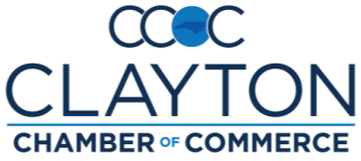
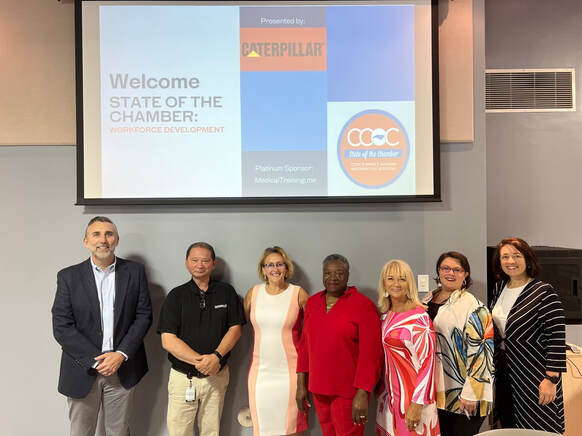
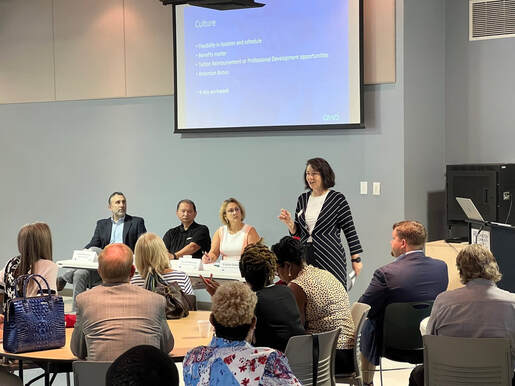
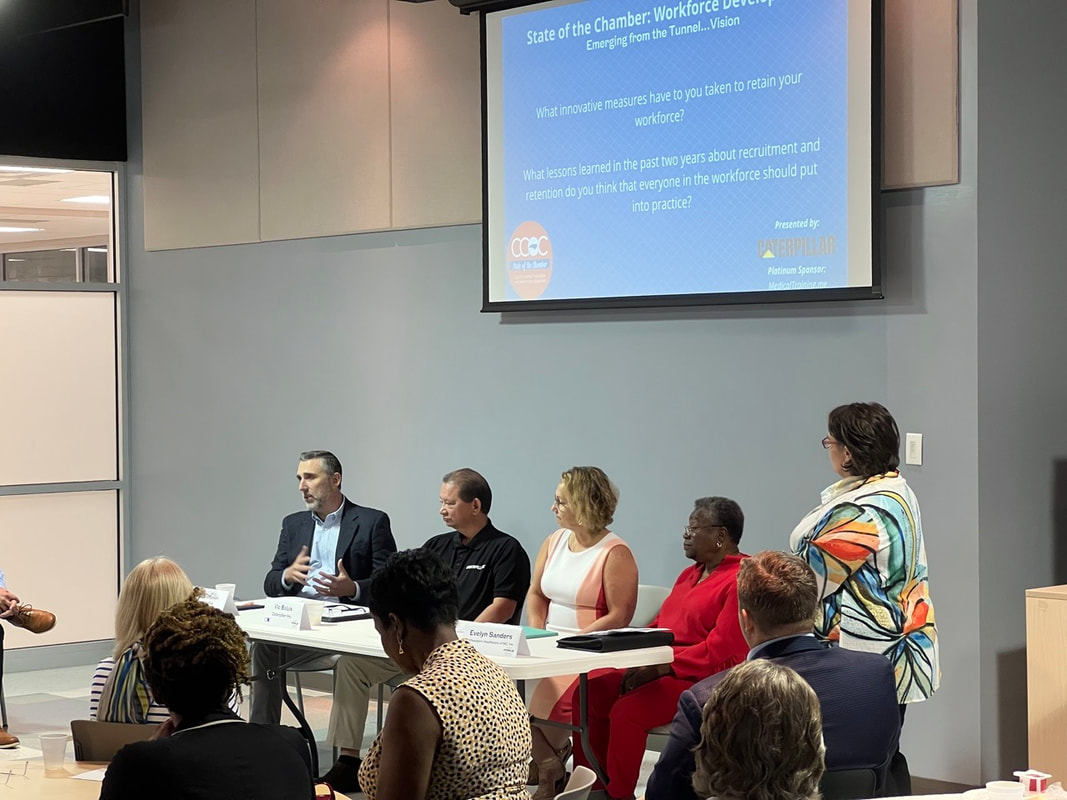
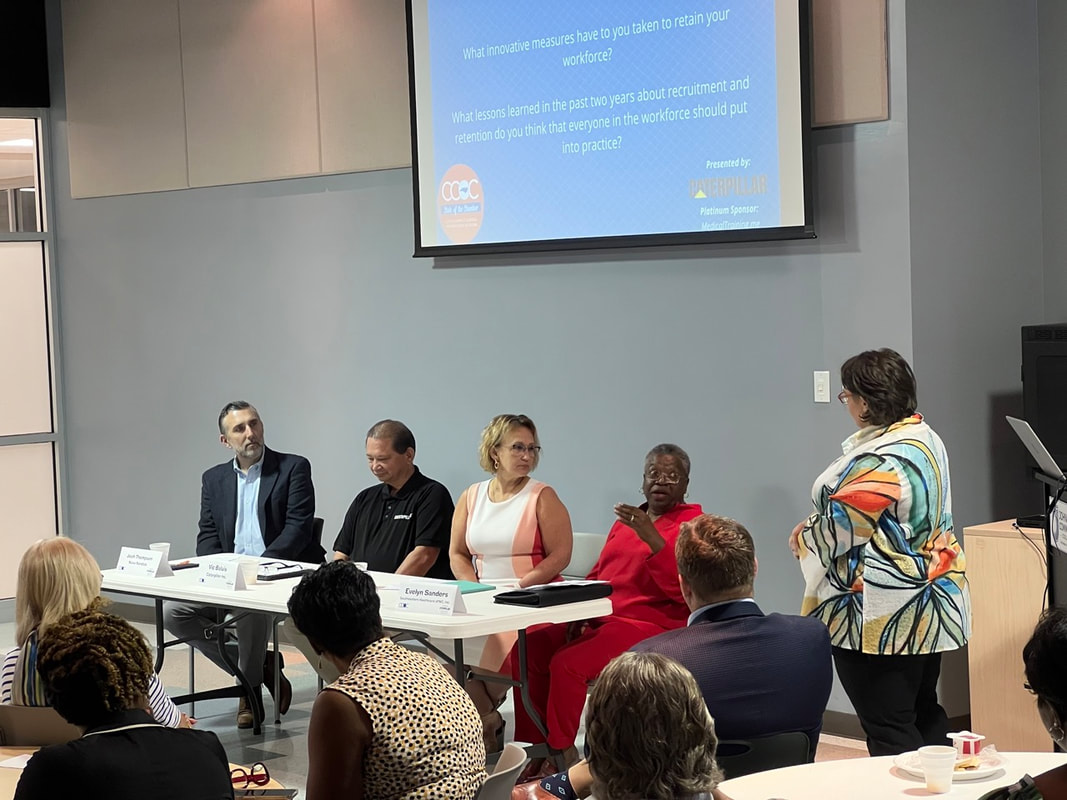
 RSS Feed
RSS Feed
